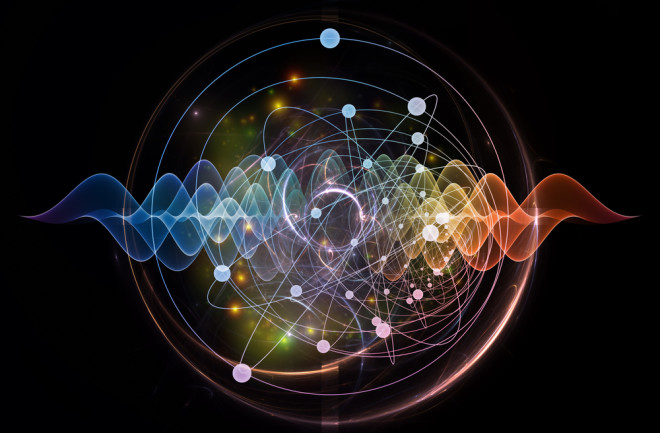
Quantum mechanics is a fundamental theory in physics that describes the behavior of matter and energy at the atomic and subatomic level. It is based on the idea that energy is not continuous, but comes in discrete packets called quanta, and that the fundamental building blocks of the universe are not particles, but rather waves described by a wave function. Quantum mechanics has been extremely successful in explaining a wide range of phenomena, and has led to the development of many technologies, including transistors, lasers, and computer memories. However, it is also a highly mathematical and abstract theory, and can be difficult to understand without a strong foundation in physics and math.
While Quantum technology is a set of technologies that are based on the principles of quantum mechanics. These technologies aim to harness the strange and counterintuitive phenomena of the quantum world, such as superposition, entanglement, and tunneling, in order to develop new and improved technologies. Some examples of quantum technology include:
Quantum computers: These are computers that use quantum bits, or qubits, instead of classical bits to store and process information. Because qubits can exist in multiple states simultaneously, quantum computers have the potential to be much faster than classical computers for certain types of problems, such as factorizing large numbers and searching large databases.
Quantum communication: Quantum communication technologies use the principles of quantum mechanics to transmit information in a way that is secure and cannot be intercepted. This includes quantum key distribution, which allows two parties to exchange a secret key that can be used to encrypt and decrypt messages, and quantum teleportation, which allows for the transfer of quantum states over long distances.
Quantum sensing: Quantum sensors use the principles of quantum mechanics to measure physical quantities, such as position, velocity, and magnetic fields, with greater sensitivity and accuracy than classical sensors. This has applications in fields such as medicine, geology, and environmental science.
There are many other potential applications of quantum technology, and research in this field is ongoing.
top stuff
thx